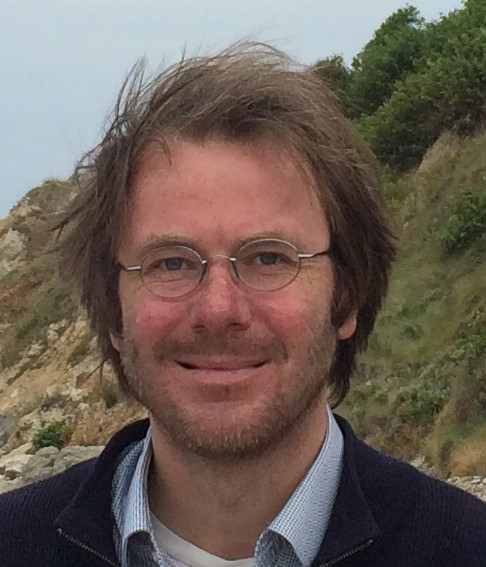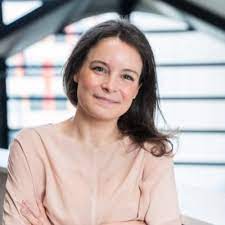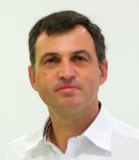Bruno Canard
AFMB, Marseille France - Bruno Canard obtained his PhD at the Pasteur Institute, Paris, in 1991, under the supervision of Dr. Stewart T. Cole as a microbiologist/molecular biologist and biochemist, enrolled in Paris University. He did his post-doctoral training at Harvard Medical School, Boston, in Pr. Charles C. Richardson laboratory on the enzymology of viral replication enzymes. He made important contributions to the field of structure-function of replicative viral enzymes, from the heavily competitive HIV reverse transcriptase-mediated drug resistance field to enzymes from the most neglected RNA viruses.
Over the past 25 years, he has contributed to the field of RNA virus research in biochemistry and structural virology, mainly. In 2002, upon an invitation to a Nidovirus meeting following his discovery of the Dengue virus methyltransferase (MTase) involved in RNA capping, he joined the Nidovirus scientific community few months before emergence of the worldwide SARS crisis. He has since built and directed a successful ~25 persons team which has gained international visibility and leadership regarding viral enzymes: structure, function, and drug-design. The current pandemics has cast light on his past and current achievements in the Nidovirus field, together with less than a handful of prestigious laboratories in the world. Perhaps the real added value to his work is that all crystal structures achievements, most of which were unpublished before, were accompanied by thorough functional and mechanistic analysis. Most of his major contributions to the field are multi-disciplinary in essence, and include high profile collaborating labs, such as the long-time partner Neyts lab in Leuven, Belgium. He has created the Antiviral Drug-Design Platform in Marseille in 2002, currently lead by Pr. Jean-Claude Guillemot, which is performing medium to large-scale target-based screens of viral replication inhibitors, mostly contracting for corporate companies. He has participated to 14 European research projects, with an experience as a co-ordinator of a large-scale viral structural genomics European project (VIZIER, 24 labs, 12 M€ budget, 2004-2009), as well as workpackage leader of several European projects (SILVER, IMI-CARE, SCORE). He is author of >250 peer-reviewed publications, and laureate of ISAR Young investigatior award 2008, Grand Prix Scientifique 2022 de l’Institut de France (Fondation Simone et Cino Del Duca), and Senior Pasteur Alumni Prize, Institut Pasteur 2022.





















